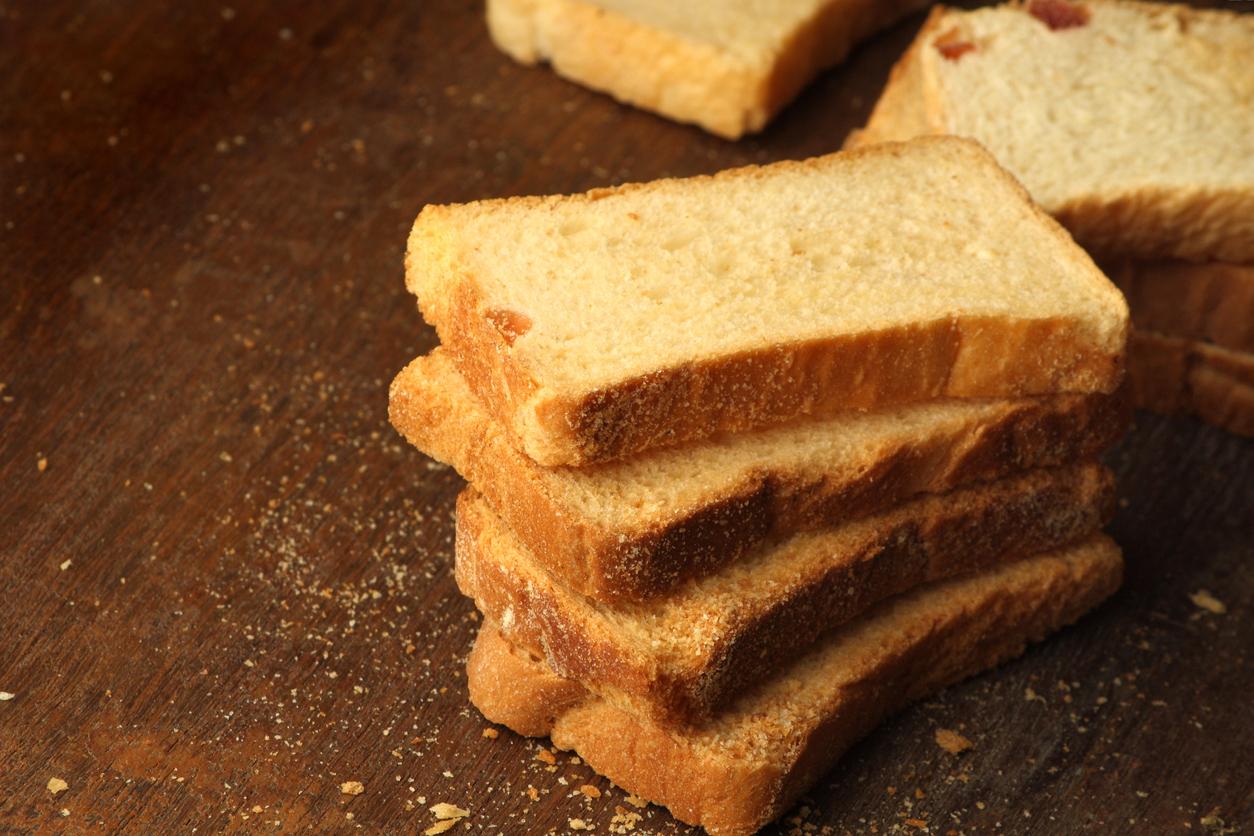According to the results of a survey conducted by UFC-Que Choisir, food marketing aimed at children has only worsened the imbalances already observed by the association for the defense of consumers in 2006.
“The traditional breakfast made from bread has become largely in the minority. It has given way to cereals which are generally too sweet, which are also the most common food products in advertisements broadcast in children’s niches”, raises the UFC.
The same goes for children’s snacks, since the share of products rich in sugars and fats rose from 51% in 2006 to 64% in 2010. Biscuits, sweets and certain cakes featured in advertisements are mainly on the market. origin of this progression of products of no nutritional value.
The only positive note is that the proportion of drinks with good nutritional quality has increased sharply in 4 years, going from 66% in 2006 to 71% in 2010. According to the association for the defense of consumers, this increase is mainly due to development. sugar-free sodas.
The UFC concludes: “The 2010 study once again confirms the link between exposure to television marketing and eating habits. This impact is more particularly on the less advantaged socio-professional categories and parents with a lower level of education. tends to show an inequality of consumers in the face of the pressure exerted by advertising on children, “concludes the UFC.
While Roselyne Bachelot, former Minister of Health, announced in February 2008 a framework for food advertising aimed at children, this study lifts the veil on “the failure of self-regulation” in terms of improving advertising communications , reduction of advertising budgets and nutritional quality of promoted products.
Faced with this observation, the UFC-Que Choisir calls for validation by the National Health Nutrition Program (PNNS) of so-called educational programs on nutrition, and supervision of food advertising during prime time for children. The association is also asking the competent authorities to make the dissemination of communications from the National Institute for Prevention and Education for Health (Inpes) on nutrition free of charge.
















